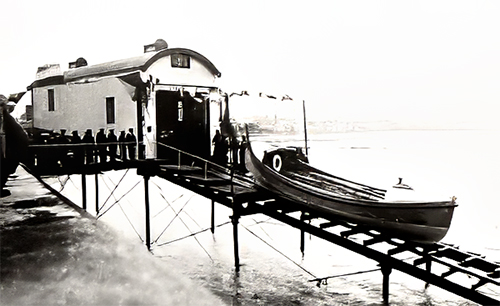
A former prisoner of a Nazi concentration camp was visiting a friend who had shared the ordeal with him. ‘Have you forgiven the Nazis?’ he asked his friend.
‘Yes’, came the reply.
‘Well, I haven’t. I am still consumed with hatred for them.’
‘In that case,’ said the friend gently, ‘they still have you in prison.’
“He that cannot forgive others, breaks the bridge over which he himself must pass… for everyone has need to be forgiven,” wrote George Herbert (1593–1633).
Forgiveness flows at the heart of human life; without it a human being becomes a cesspool of bitterness. Since it is central to our life, nothing is more important than to look into it as deeply as we can.
Forgiveness is a ‘nice’ word, in the sense that just about everyone would be pleased to be described as forgiving.
That should be enough to put us on the alert; we can suspect straight away that many vicious attitudes have attempted to dress up like it.
Someone does me harm – it could be unknowingly. I lack the courage simply to point it out.
Over the weeks (or years) I become full of silent anger. But I am now more afraid than ever to point out the wrong because anger tends to be explosive, and I am afraid of explosions.
Instead, I swallow it, ‘spiritualise’ it and tell myself that I have forgiven him or her.
Of course, I have not.
Instead, I have swallowed a dose of poison that will kill my relationship with that person. Fear has been masquerading as forgiveness.
Then there is the person who keeps count; there is the person who claims to forgive but not forget; the person who is always on the lookout for something to forgive; and a host of others.
All these forms of forgiveness are counterfeit.
The mark of real forgiveness is a lively awareness that I am in need of forgiveness myself.
That is what is missing in the counterfeit forms.
“Forgive us our trespasses as we forgive those who sin against us.”
We are set free to forgive others in an uncomplicated way when we accept that our own books are not balanced either – that nobody’s books are balanced, that every human being needs another chance, and another: “seventy times seven”; in other words, endlessly.



